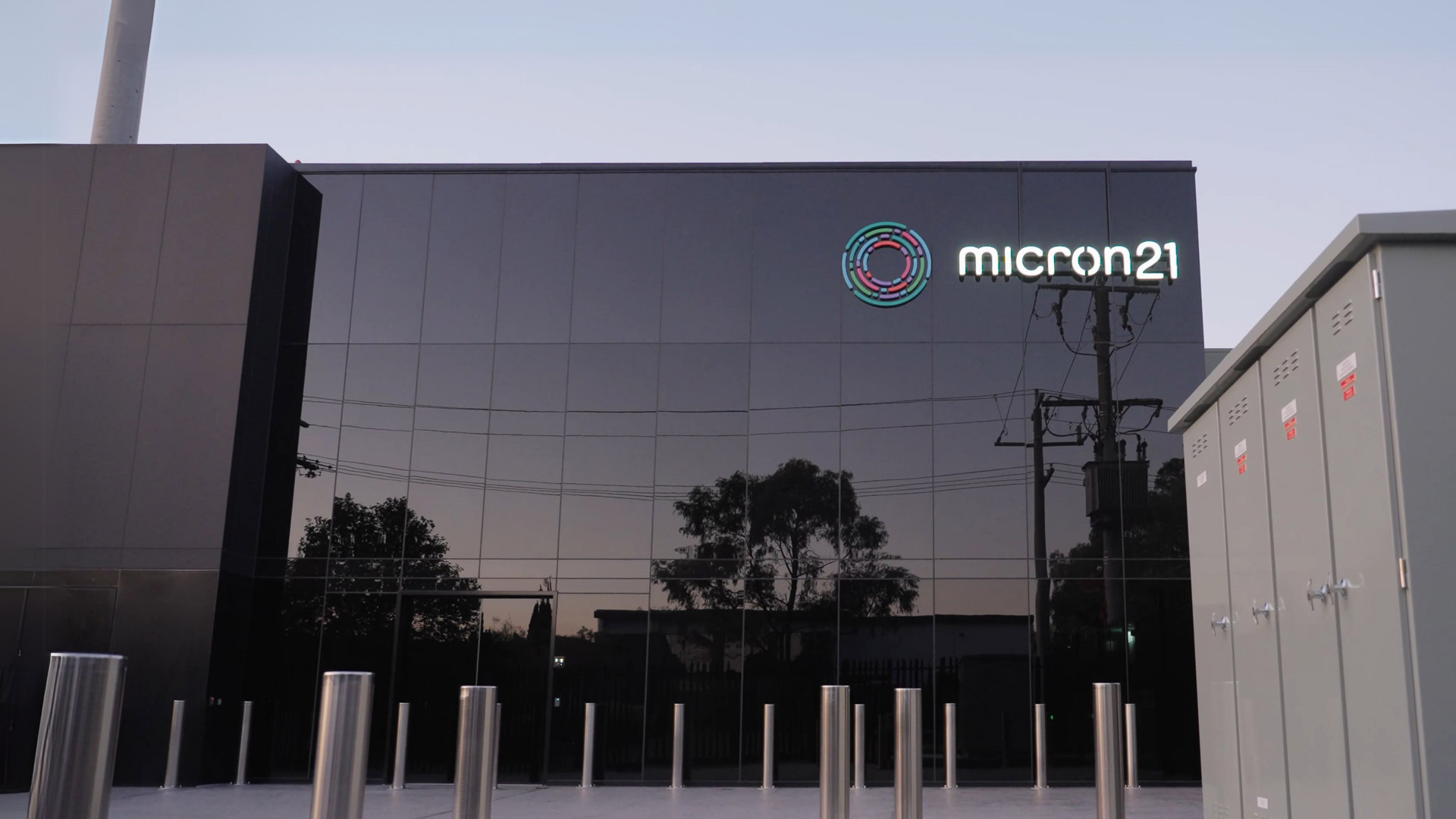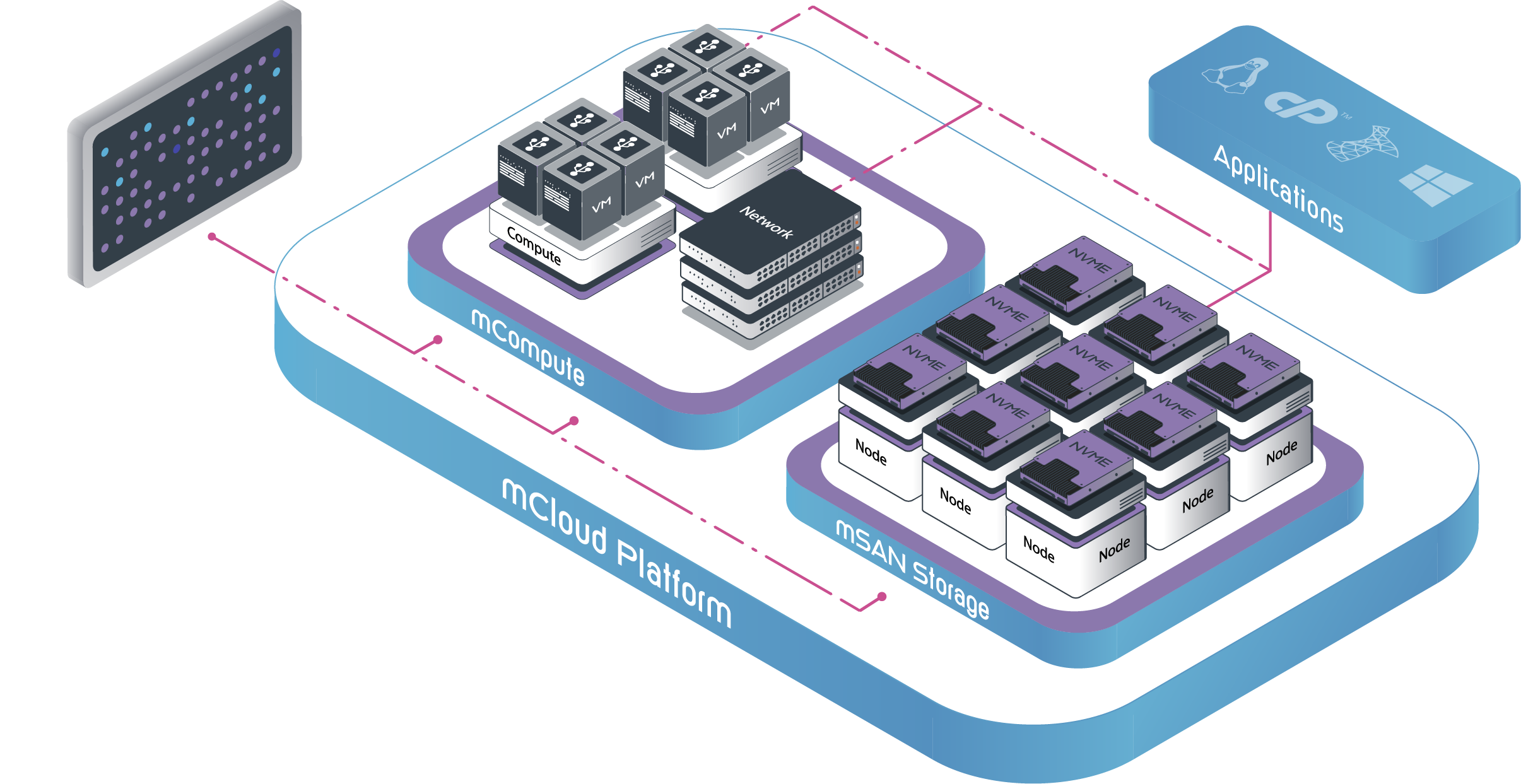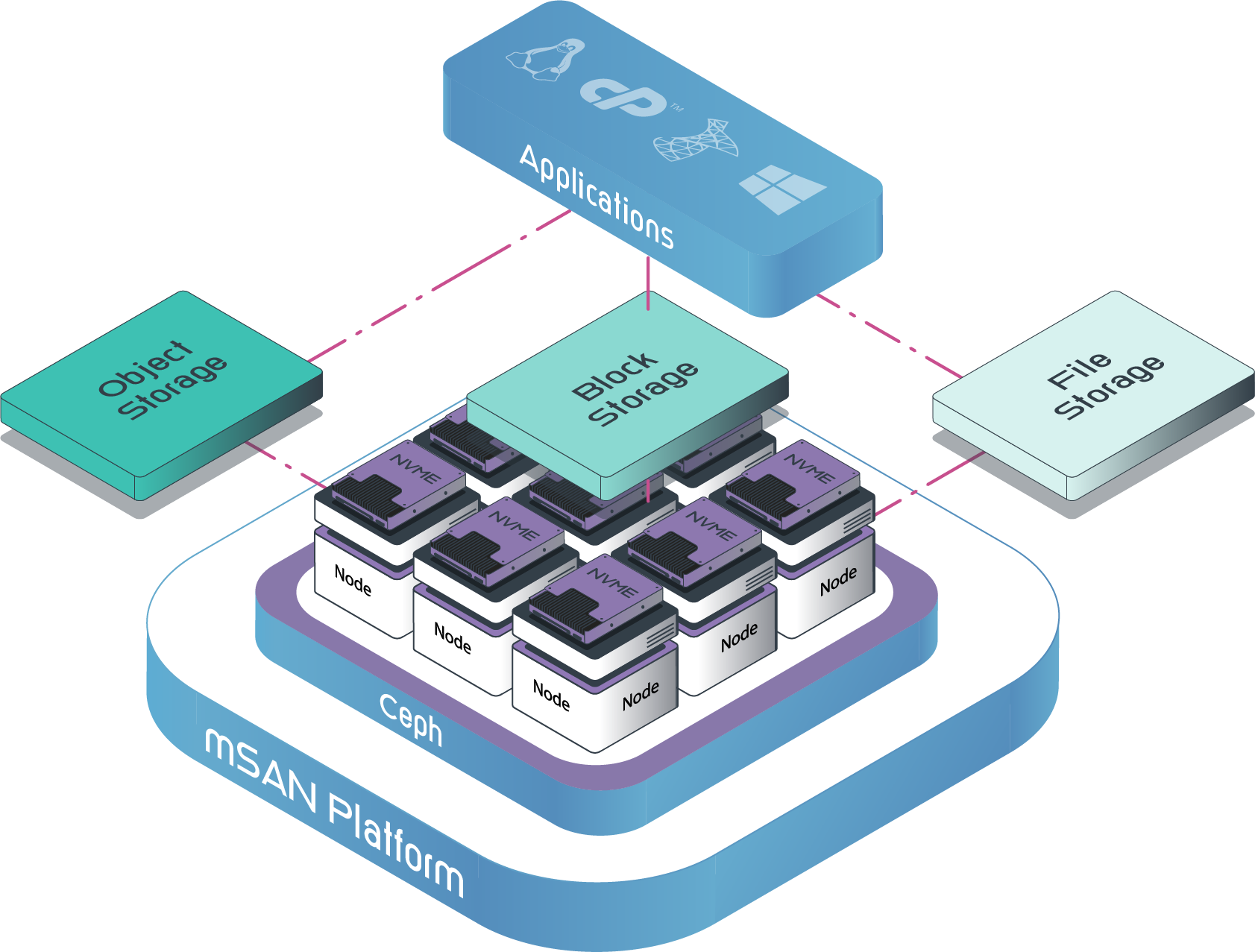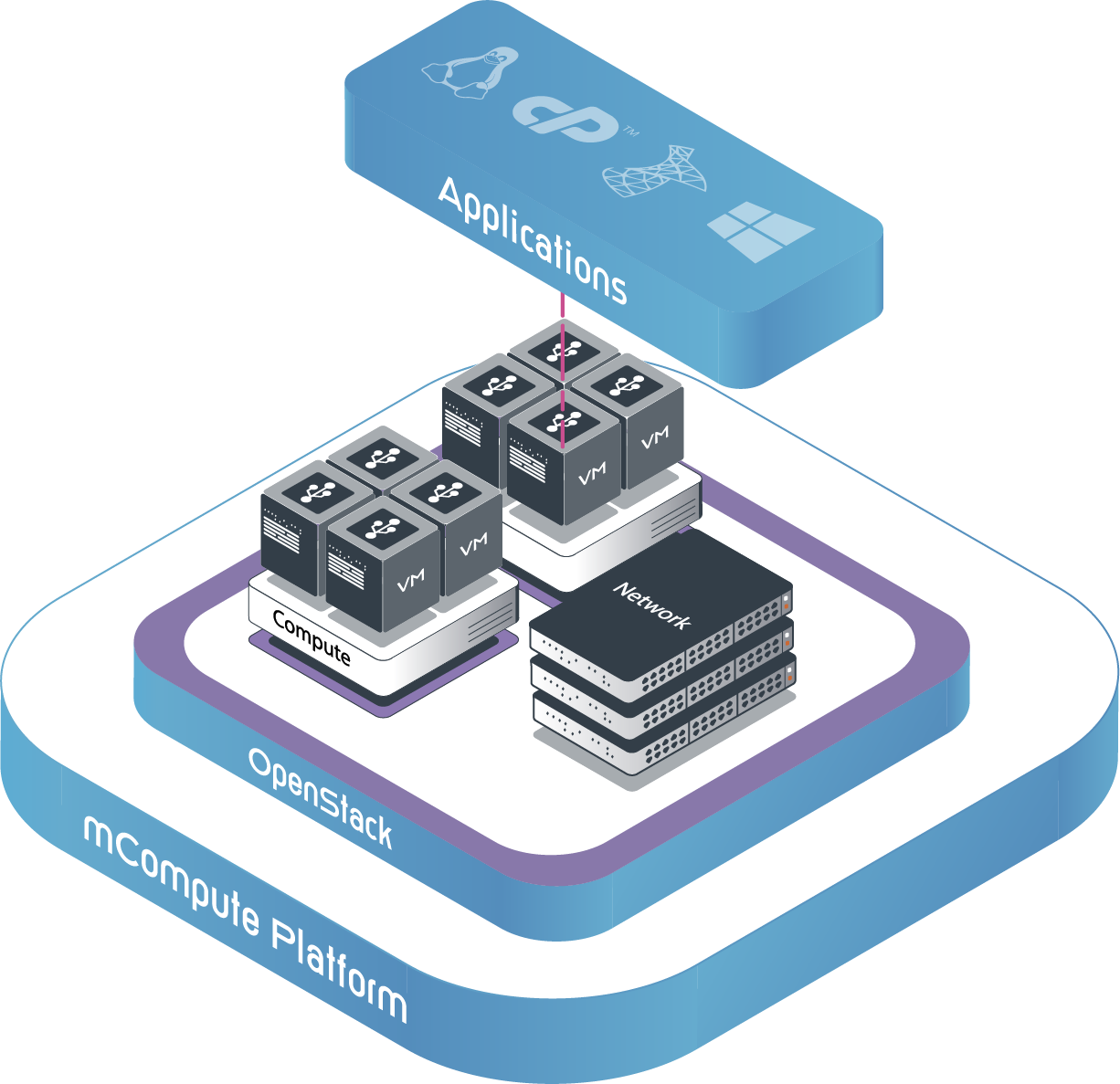
Discuss your VMware options and alternatives with Micron21
Ever since Broadcom acquired VMware back in November 2023, alarm bells have been ringing within the IT industry. This is because Broadcom’s track record with such acquisitions is to cull service providers that fall below a certain volume threshold. Even though it would still be profitable to keep them onboard, they choose to cull them due to the traditionally higher costs associated with servicing a large market size of service providers. The loss of revenue that they would have attained from these service providers is then offset by substantial increases in price for larger partners/customers. The overall effect in increased profitability of the product line for Broadcom, which in the end benefits their shareholders.
So it came as no surprise in late February 2024, when this scenario played out and Broadcom announced several changes to the existing line-up of products from VMware, as well as their pricing, and also changes to their Partner Program.
Whilst price increases were expected, most concerning was the scale of these price increases.
With regards to the Partner Program, there was a drastic shift there too whereby they announced "we will be transitioning VMware’s Partner Program to the invitation-only Broadcom Advantage Partner Program (BAPP)." The main shockwave from this announcement was what the minimum requirement was to be invited to be part of the BAPP. Their main criteria was that partners had to have a minimum requirement of 3500 cores (within a minimum of 16 cores per socket) before they could even be invited! This is a huge shift away from traditional vRAM and vSAN pricing models. And just to put that into perspective, a commitment of 3500 cores equates to over a million dollars in spend per year on licensing!
While those with around 3500 cores will receive a price increase, those on less cores have a substantial price disparity that will make them uncompetitive and/or unprofitable with the less cores they have. This is a monumental kick in the guts for smaller hosting companies and managed service providers that have built their business and clientele on the back of VMware and effectively sabotaging relationships.
Perhaps, the most alarming for VMware’s future is the removal of the free version. Having no access to VMware for educational, training and development purposes means that future generations of IT professionals and students will be less inclined to learn on this platform. This just seems short-sighted and will damage the long-term viability of the product except perhaps in large organisations where the cost to move away may be more prohibitive than the product costs. Either way, there will be an erosion of VMware’s market share in time. Microsoft surely must be rubbing their hands.
While Broadcom and large channel partners stand to gain from this, actual customers and users of the product do not. Micron21 has extensive VMware experience dating way back to when we first commenced operations, not to mention our experienced staff dating even further back. We have built our premium platforms on VMware Hyperconverged Infrastructure and supported novel co-customer hardware contributions to our HCI cloud. As such, Micron21 will still provide ongoing management and support to those customers that wish to remain on this ecosystem.
However, the Broadcom changes have motivated us to invest in a new Hypervisor and CEPH Storage platform that is superior to our current VMware platform in many respects. This is the same technology used by some of the largest hosting and cloud companies in the world! The solution provides high-availability (HA) compute, fault-tolerant and clustered storage, plus much more. The platform is based on high-end, open-source software designed for scalable cloud services and storage - all backed by our 24/7 Enterprise Support.
From our perspective, companies have put significant investment into their cloud technologies and so should not be beholden to the whims of major commercial interests. Micron21 recognises many companies do not have an option to move right now from VMware and so we are still committed to supporting and managing this environment. However, given the price increases and access to licences, we also know that many customers, companies and resellers will be displaced by Broadcom’s drastic changes. As such, we have put solutions in place and have the platform, capability, support and ability to migrate you to our environment.
mCloud - Micron21’s new cloud-hosting platform
Built with the end customer in mind.
One of our key aims of this new platform is to allow for more flexibility for users. On the storage side, our mSAN storage cluster will provide infinitely scalable storage, fully-redundant infrastructure, and added protection via data geo-replication to an off-side location. The mSAN cluster is built to utilise enterprise-grade Dell hardware, with NVMe SSDs being used for our premium "mSAN Enterprise" offering, based on the open-source platform, CEPH.
On the compute side, our mCPU/mRAM cluster provides the same high-availability protection that our VMware users have enjoyed from the beginning, protecting their virtualised environments from downtime from hardware related issues including the loss of an entire host.
The separation of compute and storage into separate clusters has some major advantages, such as:
- Less potential for contention/competition for CPU cycles, as opposed to the single-server stack approach common to VMware's hyperconvergence.
- No limitation on scale. VMware clusters have limits to the size they can scale, whereas the same isn't true of the storage and compute clusters that we're deploying that can scale infinitely!
-
STaaS (STorage as a Service). Micron21 will be providing storage that is platform independent for virtual machines to consume. Furthermore, we are extending supported storage formats to include Object, Block and File.

mSAN - Micron21's Cloud Storage Cluster
A fully fault-tolerant and geographically-redundant storage platform
Our mSAN platform is engineered for redundancy, employing replication to distribute multiple data copies across the many nodes that make up the mSAN cluster, ensuring the availability of data. It's built to be resilient and fault-tolerant with even greater data protection than our previous VMware platform. This is achieved via data replication with a minimum of four copies throughout different storage nodes, as opposed to the data duplication (two fold) with VMware's vSAN service. The result is greater protection from data loss or failure due to server or disk loss. Furthermore, one of the major features is offsite journaling on our CEPH platform, which provides superior capability for restore and recoverability.
Featuring cutting-edge self-repair capabilities, the mSAN platform automatically adjusts data distribution in response to system expansions or failures, guaranteeing that your data is consistently accessible and protected. That scalability, unlike with vSAN, allows you to start with a modest setup and incrementally grow, adding storage as needed without any limits. The performance of that storage also scales in direct proportion to added capacity, making sure that any added storage is just as fast as it was before.
With this platform, the hardware behind the scenes is also just as impressive. It's built to utilise enterprise-grade Dell hardware, with NVMe Storage and 100gbit networking being used for production workloads to make sure performance is at its peak. Slower storage options are also available for those that need bulk or long-term archival storage, with the option of mixing and matching providing even more flexibility for our clients.
All of this is built using CEPH, which is a reliable and scalable storage system that aims to provide object, block, and file storage in one unified platform.

mCompute - Micron21's Cloud Compute Cluster
A high-availability compute cluster for mission critical applications
Micron21 has a long-standing relationship with Dell for its server technology. With enterprise grade support and premium components, our Dell platform has one of the lowest failure rates in the industry. Our compute is solely based on Gold Intel XEONs offering the base balance between price and cores while delivering reliable high-end performance.
Each server/node is delivered within a clustered environment that ensures individual virtual machines can port to another node for maintenance or in the event of a failure. This architecture allows the cloud to scale horizontally just by adding more nodes.
Built on OpenStack, which is a cloud platform that allows users to control large pools of compute, storage, and networking resources throughout a data centre, it is all managed and provisioned through APIs with common authentication mechanisms.

Want to know more?
We are committed to assisting end users, hosting and service providers, resellers and anyone seeking to move away from VMware as a result of Broadcom’s acquisition and strategy. We have dedicated, onsite support and solution architects that can assist, including with the migration away from your current platform.
If you are interested in migrating over to our mCloud platform, please reach out to us via the form at the top of this page. We’d love to have a conversation and assist you on the next stage of your cloud platform journey.
